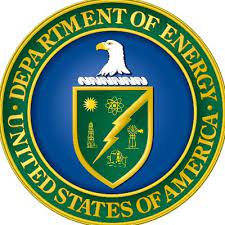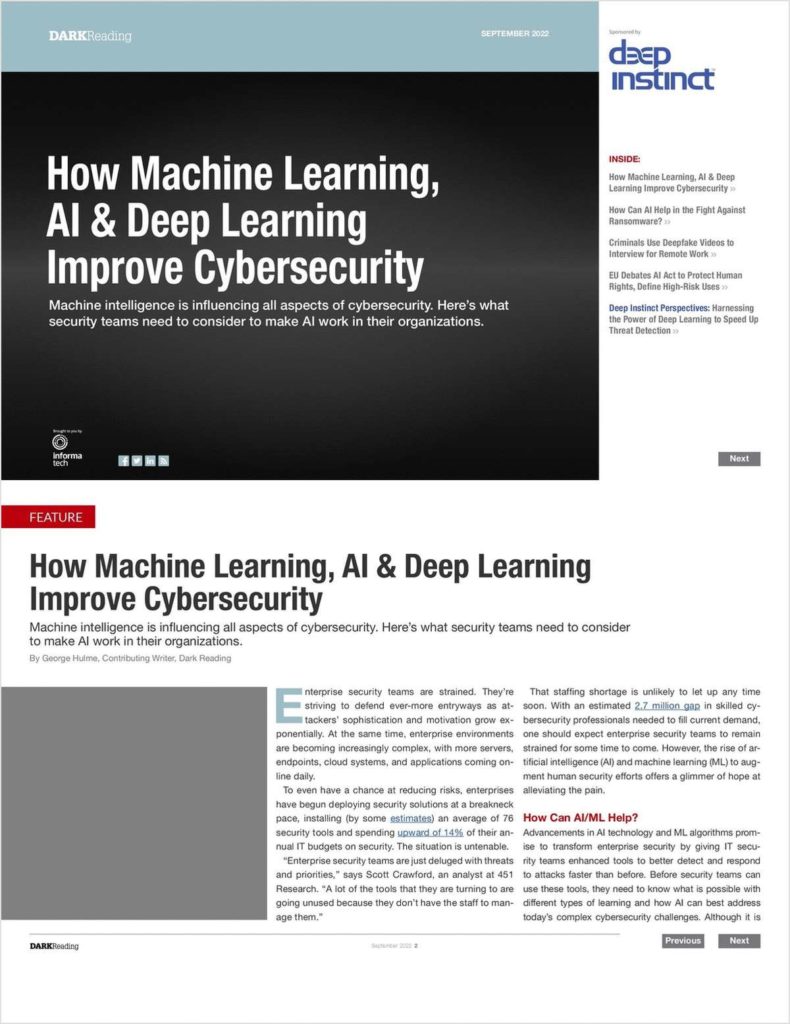Jan. 9, 2023 — Today, the U.S. Department of Energy (DOE) announced $56 million to provide research opportunities to historically underrepresented groups and institutions in STEM. The funding, through the DOE Office of Science’s Reaching a New Energy Sciences Workforce (RENEW) initiative, will support internships, mentorship, and training programs at Historically Black Colleges and Universities (HBCUs), other Minority Serving Institutions (MSIs), and other research institutions. These investments will diversify American leadership in the physical, biological, and computational sciences to ensure America’s best and brightest students have pathways to STEM fields.
“Science needs to hear from all American voices and the RENEW initiative will provide more opportunities to bring diverse perspectives into our disciplines,” said Asmeret Asefaw Berhe, Director of the DOE Office of Science. “These new and innovative ideas will help solve the big science challenges we are facing now and in the future.”
The RENEW initiative leverages the Office of Science’s unique national laboratories, user facilities, and other research infrastructure to provide training opportunities for students at academic institutions currently underrepresented in the U.S. science and technology ecosystem. This funding will build the talent pool needed to further the Department’s missions and will focus on basic research in the physical sciences, including physics, chemistry, materials science, applied mathematics, computer science, and Earth and environmental sciences.
RENEW will offer hands-on experiences and open new career avenues for talented young scientists, engineers, and technicians. A series of webinars will be held for potential applicants and research administrators to learn more about each Funding Opportunity Announcement (FOA).
- The Advanced Scientific Computing Research (ASCR) FOA will create new workforce training opportunities in computer science for artificial intelligence and high-performance and scientific computing, quantum computing, and quantum networking as well as hands-on programming, data organization and cleaning, data visualization, and data science experiences for students and postdocs from underrepresented groups and at historically underrepresented institutions such as non-R1 institutions and/or MSIs. Webinar: January 31st, 2 pm EST. Register here.
- The Basic Energy Sciences (BES) FOA will increase participation of underrepresented groups in BES’s research portfolio in condensed matter and materials physics, chemistry, geosciences, and aspects of biosciences by providing internship and research opportunities for students, postdoctoral researchers, and faculty from non-R1 MSIs through partnerships with DOE national laboratories or R1 MSIs. Webinar: January 23rd, 4 pm EST. Register here.
- The Biological and Environmental Research (BER) FOA will support HBCUs and non-R1 MSIs in developing experiential training and mentoring opportunities for undergraduate and graduate students, as well as institutional research capacity and networking opportunities for faculty through development of collaborations with BER-relevant research at the DOE national laboratories and/or Bioenergy Research Centers. Webinar: January 26th, 1pm EST. Register here.
- The Fusion Energy Sciences (FES) FOA will encourage the participation of underrepresented groups in FES’s fusion and plasma science and technology research portfolios by supporting sustainable research collaborations and undergraduate, graduate, and early career training opportunities between non-R1 institutions and/or MSIs and DOE national laboratories, SC designated user facilities, and DOE-sponsored facilities. Webinar: January 19th, 3 pm EST. Register here.
- The High Energy Physics (HEP) FOA will support training and research experiences in particle physics for members of underserved communities, with the goals of supporting investigators and building research infrastructure at institutions which have not traditionally been part of the particle physics portfolio and encouraging underrepresented populations to pursue STEM careers. Webinar: February 1st, 2 pm EST. Register here.
- The Nuclear Physics (NP) FOA will support workforce development and increased workforce diversity especially from underrepresented groups via a wide range of activities that increase entry points into the research community, support retention, and expanding research capabilities at institutions with historically low participation in nuclear science. Webinar: January 27th, 3 pm EST. Register here.
- Isotope R&D and Production (IP) FOA will support MSI-led efforts to increase diversity in the isotope workforce development pipeline. MSI-led teams will partner with sites funded by IP to engage in routine isotope production. Students will participate in isotope production related research, fostering the next generation workforce of isotope scientists and engineers. Efforts will also expand research and training capabilities of MSIs and opportunities for their faculty. Webinar: January 17th, 12 pm EST. Register here.
Application eligibility varies by FOA. Total combined planned funding is up to $56 million, with $48 million in Fiscal Year 2023 dollars and outyear funding contingent on congressional appropriations. Find a list of institution designations, including MSI designation and Carnegie classification, here.
The Funding Opportunity Announcements, sponsored by the research programs within the Department’s Office of Science, as well as information about each associated webinar, can be found here.




